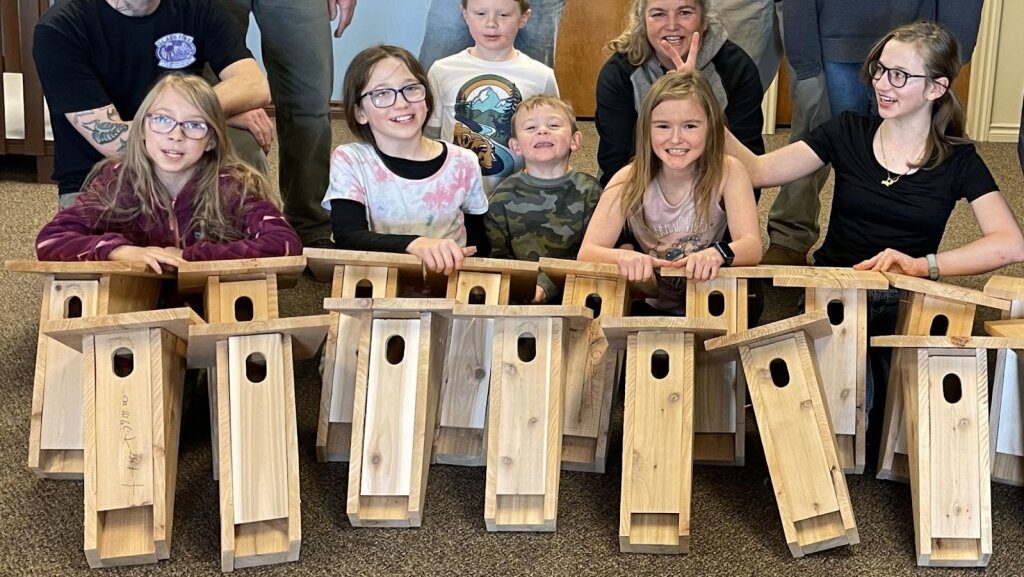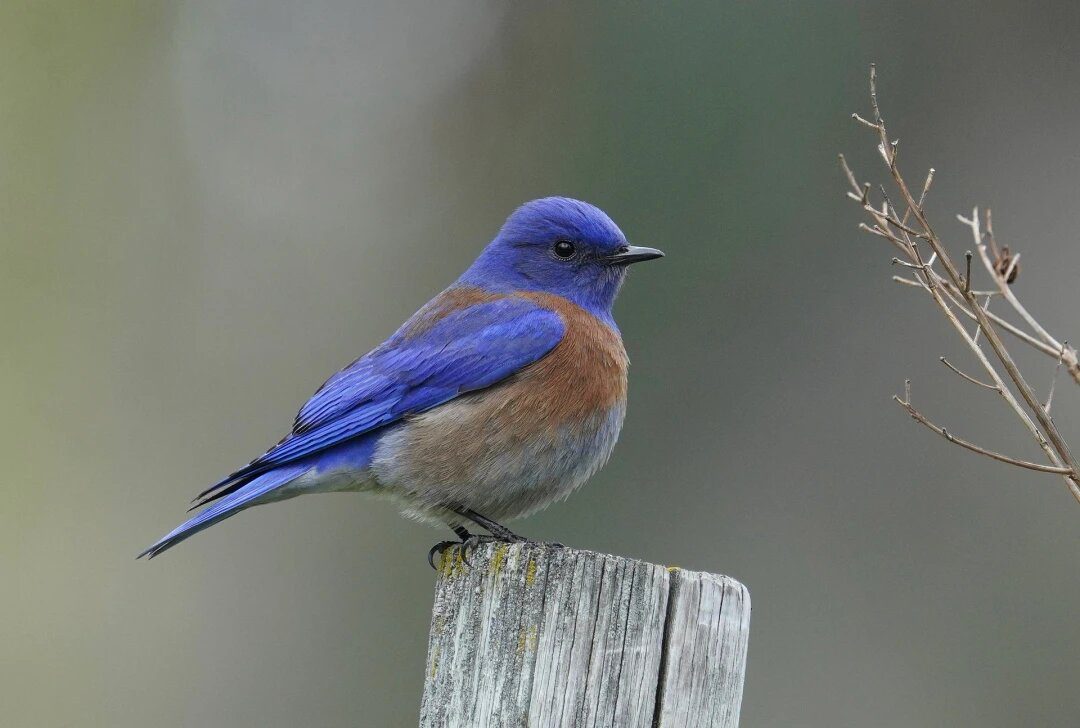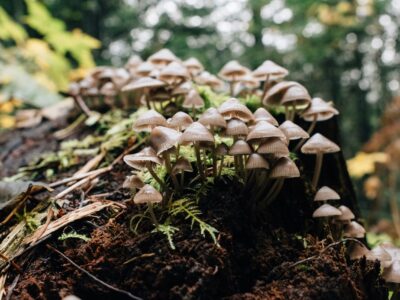When it is warm out, I often take my office outdoors to sit in the quiet urban seclusion of our back deck, elevated in the canopy of dozens of trees. Above the hum of area lawn mowers and leaf blowers, a chorus of songbirds takes turns punctuating the backyard symphony with their unique solos.
Currently, mourning doves, robins, sparrows, woodpeckers, hawks, nuthatches, finches, blue jays, a tufted titmouse, and crows are busy making and taking calls. With all this natural instrumentation taking place in the background, I have no need for music.
Singing was enough of a reason for me to love birds, but they obviously play a much more important role in the planet’s ecosystem than just my own personal mood booster and source of entertainment.
Birds pollinate plants and fruit trees, fertilize soil, transport seeds and spores for reforestation and soil regeneration, exterminate insects naturally, sanitize creation (vulture clean-up crew to the rescue!), and even partner with other species to help each other out, including humans.
To make sure creation’s hard-working orchestra doesn’t lose another precious songbird, a church in Montana built nests for its native western bluebirds.
Cultivating a Call to Creation Care in Montana’s Children
South Hills Church of Christ in Helena, Montana, gathered together adults and children to build 18 western bluebird nest boxes to help bolster their declining population.
The South Hills church takes seriously our call to care for all of God’s creation. Evidence of God’s love and care for creation is packed all throughout Scripture.
God tends to the birds of the air, even the common house sparrow, and exhorts us to do the same. It’s humanity’s first job description in the Bible.
The cedar birdhouse project was designed to instill a sense of that calling in both young and old in Helena. If not a single sparrow is forgotten by God (Luke 12:6 NIV), then surely we also should not neglect the birds.
The Threat to Western Bluebirds
The western bluebird is Montana’s state bird. It is one of over 300 species of birds that have seen declining populations since 1970.
According to research published in Science, the United States has lost 3 billion birds in the last 50 years. That’s 25% of the estimated population of birds in our country.
The main threats to the western bluebird are loss of natural nesting habitat, including scattered trees, open conifer forests, pine woods, oak woods, streamside groves, and ranch country. These areas are subject to increased wildfires, which incinerate nesting areas, and spring heat waves, which make it difficult for nestlings to thrive. Both wildfires and spring heat waves are exacerbated by the effects of climate change in a warming world.
We can help reverse the decline of bird populations like the western bluebirds.
Rebuilding Habitat and Protecting Native Species of Birds

Members of the South Hills Church of Christ. Image: Christian Chronicle
A little elbow grease, time, and pizza was all the South Hills Church of Christ crew needed to invest to do their small part to help the treasured western bluebird out. The additional nesting boxes will provide protected space for the dwindling species to make a comeback in its native land.
We can each take steps to make sure our backyards won’t be robbed of the bird biodiversity that is native to our region.
The Cornell Lab of Ornithology offers seven simple ways we can all help along our feathered friends:
- Make Windows Safer, Day and Night – One billion birds are estimated to die each year from flying into windows.
- Keep Cats Indoors – Next to habitat loss, house cats are the highest human-related cause of bird loss. An estimated 2.6 billion birds are killed by cats in the U.S. and Canada each year.
- Reduce Lawn by Planting Native Species – More than 10 million acres of land were developed in the late 1900s that resulted in lost resting area for migratory birds.
- Avoid Pesticides – The most widely used pesticide in America is deadly to birds and the insects that birds consume.
- Drink Coffee That’s Good for Birds – Shade-grown coffee plants are environmentally sustainable and provide much-needed habitat for North America’s migratory songbirds.
- Protect Our Planet From Plastics – More than 80% of seabirds ingest plastics and microplastics, mistaking it for food.
- Watch Birds, Share What You See – Join a bird watching organization to help track the health of our many varieties of birds. Your care and advocacy is contagious and will help others become aware of ways they can help support bird habitats.
Learn more about how you can take action on these seven steps to supporting bird populations, and then go on outside and listen to the calls of all the birds God loves.






 Copyright
2024
Root and Vine
Copyright
2024
Root and Vine